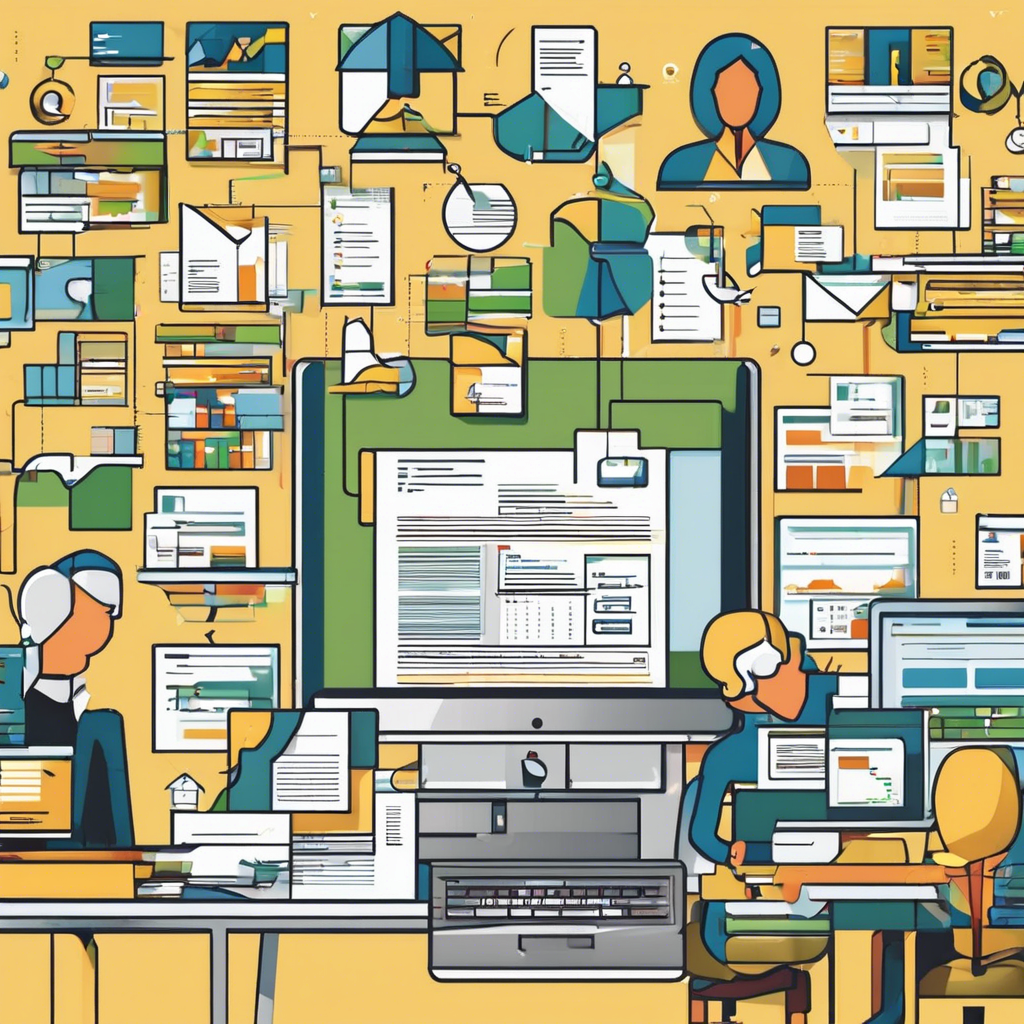Human resource management software, commonly known as HR software, has become an essential tool for businesses of all sizes to streamline their HR processes effectively. This software automates tasks such as payroll, employee onboarding, performance management, and compliance, allowing HR departments to focus on strategic initiatives rather than administrative duties. With the advancement of technology, HR software has evolved to meet the changing needs of the workforce and the demands of modern businesses.
One of the key benefits of HR software is its ability to centralize all HR data in one secure platform, making it easily accessible for HR professionals and employees alike. This centralized system eliminates the need for manual record-keeping and reduces the risk of errors or data duplication. Additionally, HR software often includes self-service features that empower employees to update their personal information, request time off, and access important documents without the need for HR intervention.
Another advantage of HR software is its ability to improve recruitment and talent management processes. Many HR software solutions come equipped with applicant tracking systems (ATS) that streamline the recruitment process by automatically posting job openings, screening resumes, and scheduling interviews. Furthermore, HR software can help HR professionals identify top talent within the organization through performance analytics and succession planning tools.
In today’s fast-paced business environment, data-driven decision-making is crucial for success. HR software provides HR departments with valuable insights and analytics that enable them to make informed decisions regarding hiring, training, and employee engagement. By leveraging data and analytics, HR professionals can identify trends, track key performance indicators, and measure the impact of HR initiatives on the overall business.
Employee engagement and satisfaction are critical factors in employee retention and productivity. HR software often includes tools for conducting surveys, gathering feedback, and tracking employee satisfaction levels. By collecting and analyzing this data, HR departments can identify areas for improvement, implement targeted interventions, and create a more engaging work environment for employees.
Compliance with labor laws and regulations is a top priority for HR departments, especially in industries with strict compliance requirements. HR software helps businesses stay compliant by automating processes such as time tracking, payroll management, and benefits administration. Additionally, many HR software solutions offer built-in compliance tools and alerts to ensure that businesses remain up to date with changing regulations.
The integration capabilities of HR software are also worth noting, as they allow businesses to connect their HR systems with other key business applications, such as payroll, accounting, and performance management software. This seamless integration streamlines workflows, eliminates manual data entry errors, and provides a unified view of the organization’s HR and business operations. By integrating HR software with other systems, businesses can achieve greater efficiency and productivity.
In conclusion, HR software plays a vital role in modern HR management by automating tasks, centralizing data, improving recruitment processes, providing valuable insights, enhancing employee engagement, ensuring compliance, and enabling seamless integration with other business systems. As businesses continue to evolve and adapt to the changing landscape, investing in a robust HR software solution is essential for optimizing HR processes, enhancing employee experiences, and driving overall business success.

